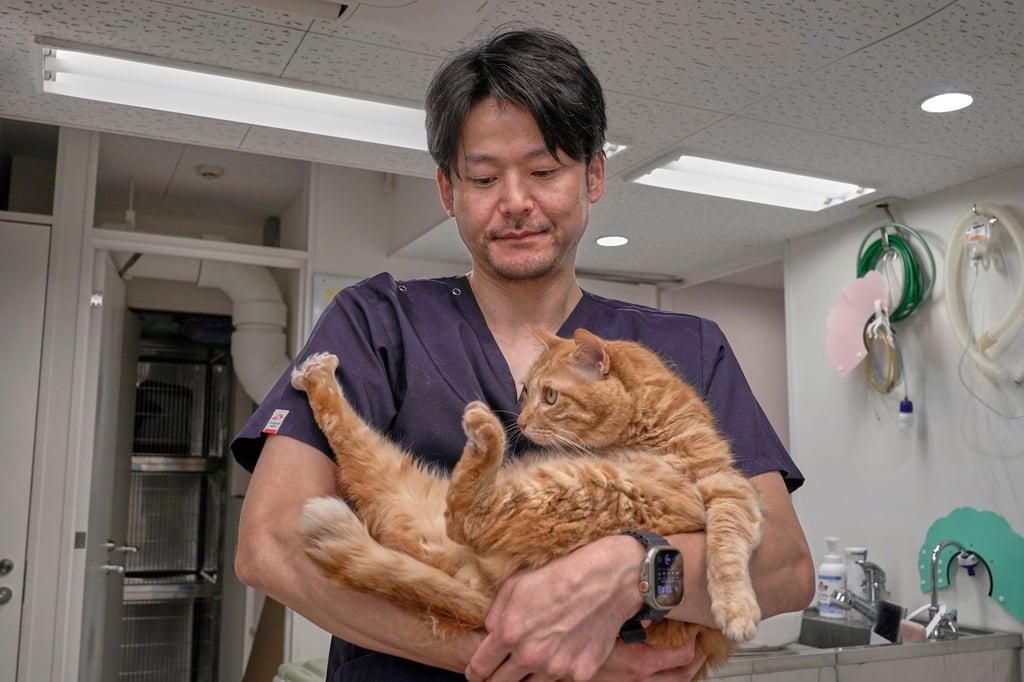The vet, who has not been named, developed symptoms of the virus after treating a cat at his practice in Mie prefecture in May, an official of the Japan Veterinary Medical Association (JVMA) confirmed. The vet was hospitalised but died a few days later.
Puzzlingly, an autopsy did not find the telltale tick bite that typically transmits the virus, while the cat’s owner and other staff at the clinic have not displayed any symptoms.
“We are still not absolutely sure how this infection happened and the ministry of health is working with prefectural authorities to determine all the details,” said Daisuke Tsukamoto, a spokesman for the JVMA.
“We have been working with our members in Mie prefecture to try to find out more, and we quickly issued an alert to our members to share as much information about SFTS and how to avoid being infected,” he told This Week in Asia.

The National Institute of Infectious Diseases (NIID) – a research institute affiliated with Japan’s Ministry of Health, Labour and Welfare – has also issued a 17-page report for veterinarians detailing what to look out for in infected animals, the precautions that should be taken to avoid being bitten by a tick, the dangers of exposure to fluids from an infected animal and the safest way to dispose of a dead animal.


